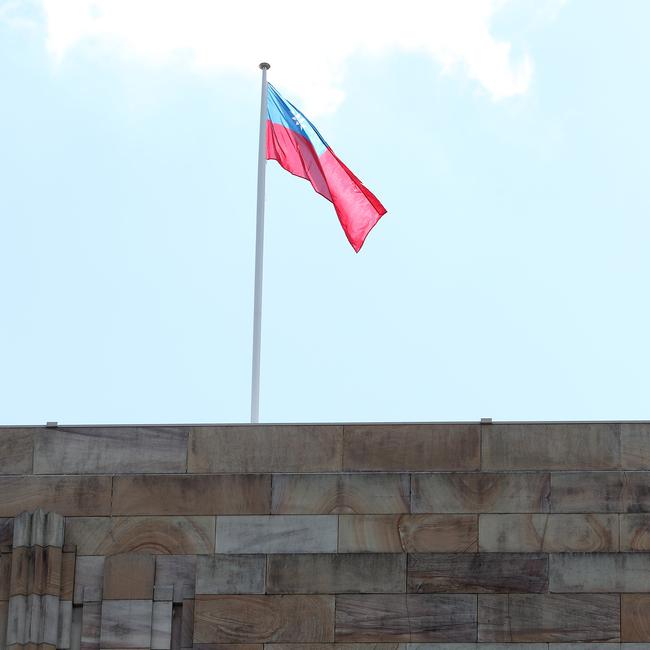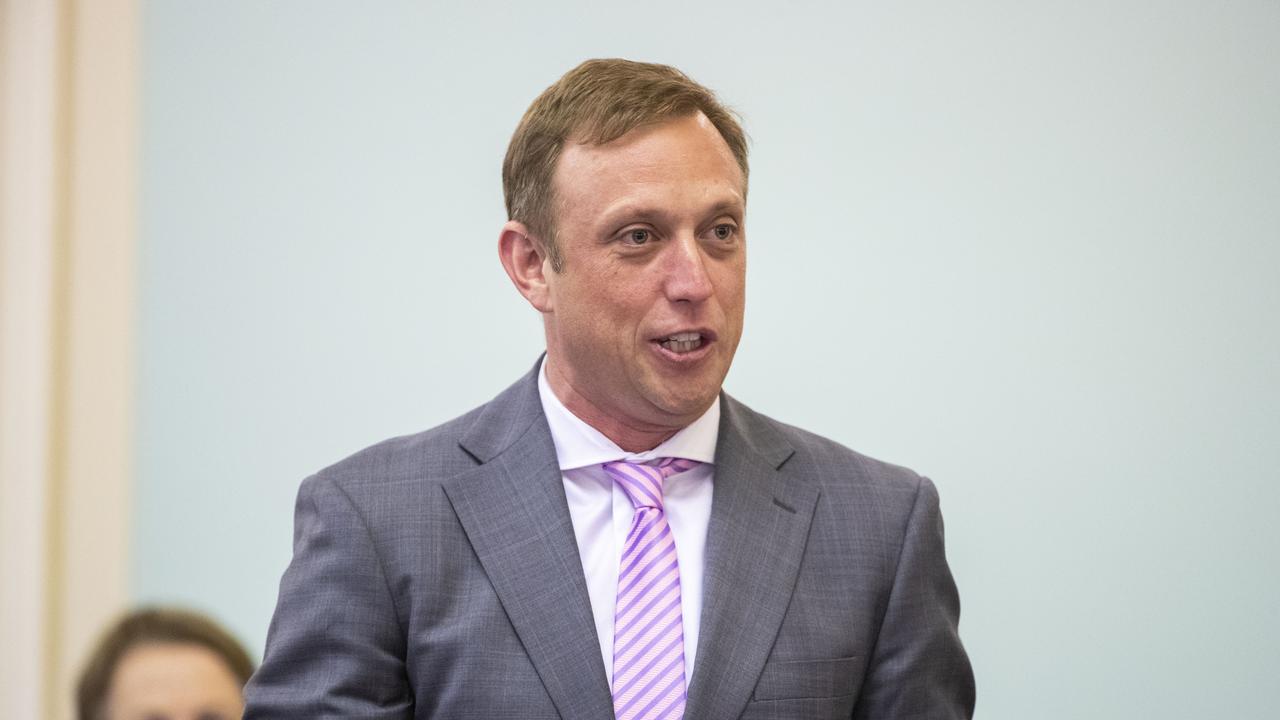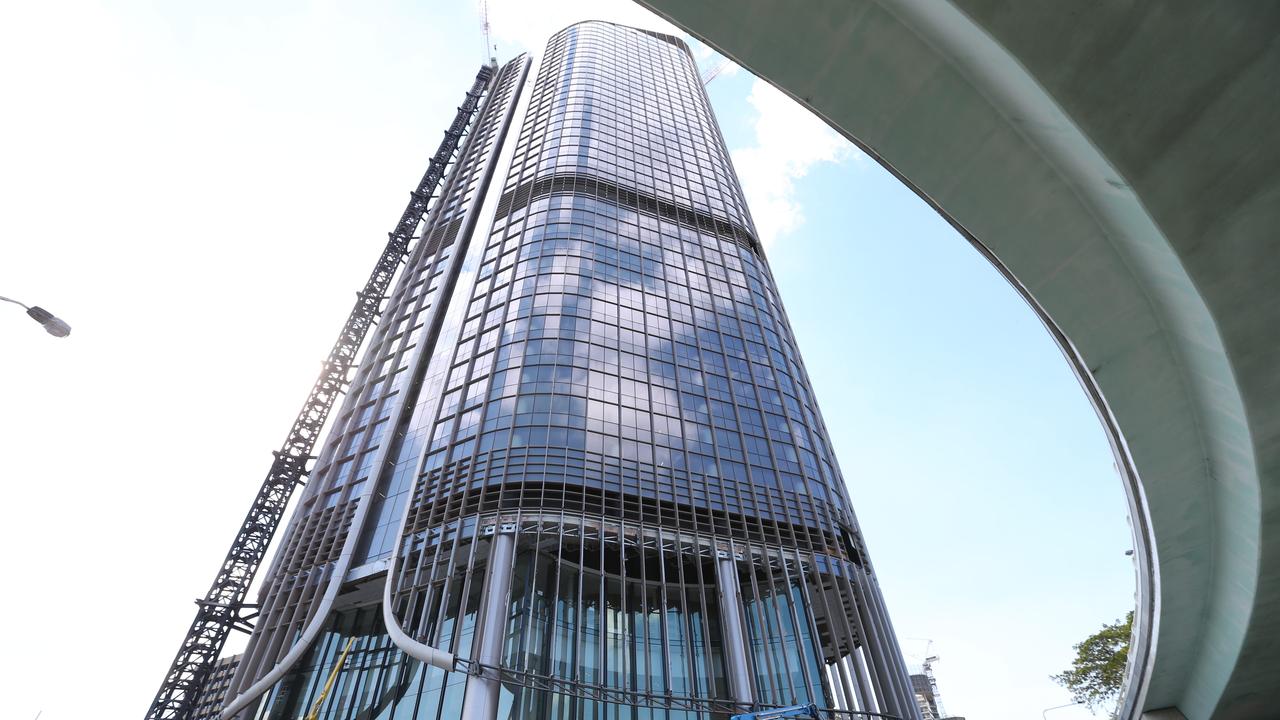UQ appoints Chinese diplomat as visiting professor
Amid student protests and fears over Chinese influence on Australian campuses, Queensland’s biggest university has made a questionable appointment.
QLD Politics
Don't miss out on the headlines from QLD Politics. Followed categories will be added to My News.
A COMMUNIST Chinese diplomat who praised “patriotic” pro-Beijing student protesters has been appointed a visiting professor at the University of Queensland, as controversy swirls over the superpower’s influence on our most prestigious campus.
UQ – which earns hundreds of millions of dollars a year in tuition fees from Chinese students – yesterday defended its appointment of China’s Consul-General in Brisbane, Xu Jie, as an adjunct professor of language and culture.
Man detained by police during protest at University of Queensland
Warnings over Beijing’s influence in QLD universities
Taking it to the streets: 70 years of Qld protest marches
The appointment, which the university did not make public but has been reported in Hong Kong media, came as new protests over Hong Kong’s independence hit the university’s St Lucia campus yesterday.
Last week Dr Xu praised the “spontaneous patriotic behaviour’’ of Chinese students who clashed violently with pro-democracy protesters at UQ.
Following Dr Xu’s comments, Foreign Minister Marise Payne warned foreign diplomats to respect Australia’s rights to free speech and lawful protest.
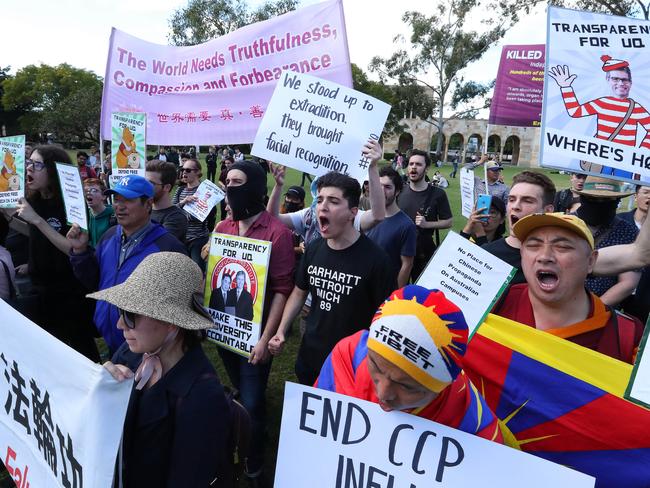
A UQ spokeswoman said yesterday the university was not paying Dr Xu for his new role.
“Dr Xu’s nomination was supported by the School of Languages and Cultures, and he was offered the title of Adjunct Professor earlier this month, until the end of December 2021,’’ she said.
“The university has no plans for Dr Xu to teach.’’
The university wouldn’t reveal what Dr Xu’s role would involve, or his access to students and the campus with a spokeswoman only saying the appointment was “to help broaden UQ’s international community’’.
She said the controversial position hadn’t been made public because “these are unpaid positions and it’s not the university’s normal practice to announce them’’.
Chinese students are a vital revenue stream for UQ, which pocketed $570 million in tuition fees from 18,000 foreign students last year – half from China.
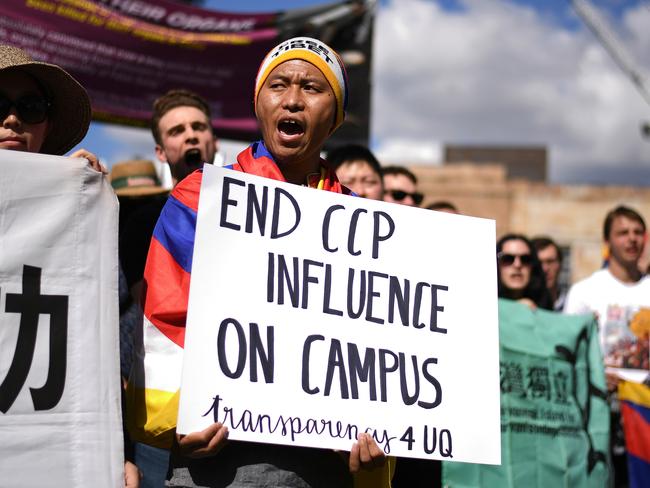
The university has almost doubled its revenue from foreign student fees in the past five years.
The Australian Tibet Council yesterday warned that Dr Xu’s appointment set a “dangerous precedent’’.
“He is an official of the Chinese government, an authoritarian and oppressive government and, in a country like Australia, it sets a dangerous precedent,’’ ATC executive officer Kyinzom Dhongdue said yesterday.
The Tibet Council also demanded UQ shut down its Confucius Institute, which it described as “China’s propaganda outfit under the disguise of a Chinese language program’’.
Ms Dhongdue said the Confucius Institutes in 13 Australian universities had “led to a culture of self-censorship among academics’’.
“There is no place for Chinese propaganda in a free society like Australia and least of all in our universities,’’ she said.
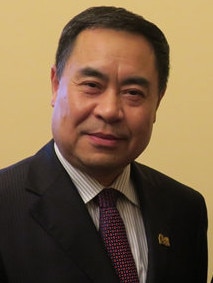
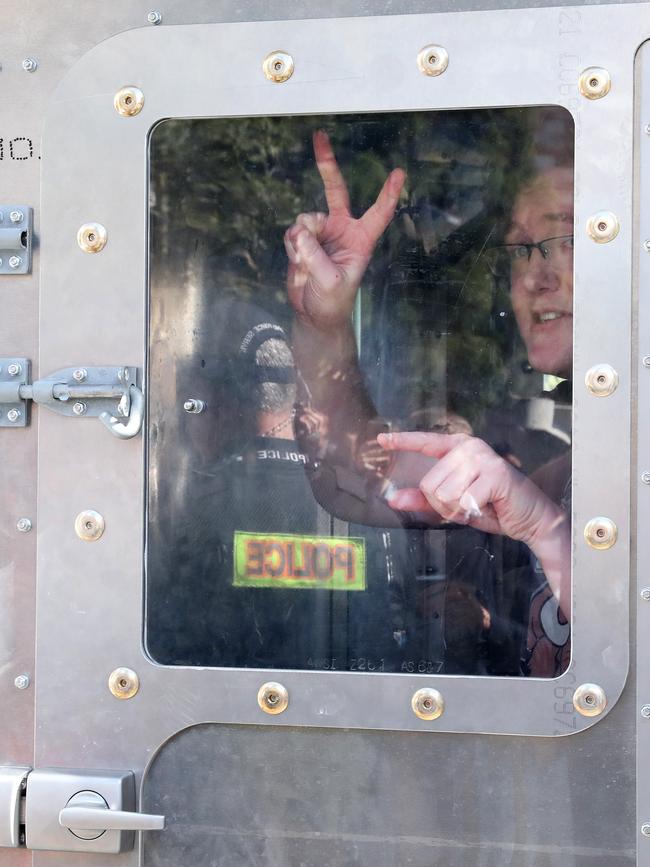
Clive Hamilton, professor of public ethics at Charles Sturt University and author of Silent Invasion: China’s Influence in Australia, yesterday said the appointment of a serving diplomat to academia was “virtually unheard of’’.
“It tells us the University of Queensland has become so close to the Consul-General it has lost its judgment and can’t see how it is inappropriate,’’ he said.
The Courier-Mail sought comment yesterday from UQ vice-chancellor Peter Hoj, who until last year had been a consultant to Chinese body Hanban, which administers the Confucius Institutes, and received its 2015 Outstanding Individual of the Year Award.
But UQ referred to a statement on its website that “the role of the institute is to promote learning of Chinese language and culture, and broader understanding of China, at the university and in the community”.
Dr Xu did not respond to The Courier-Mail’s request for an interview.
